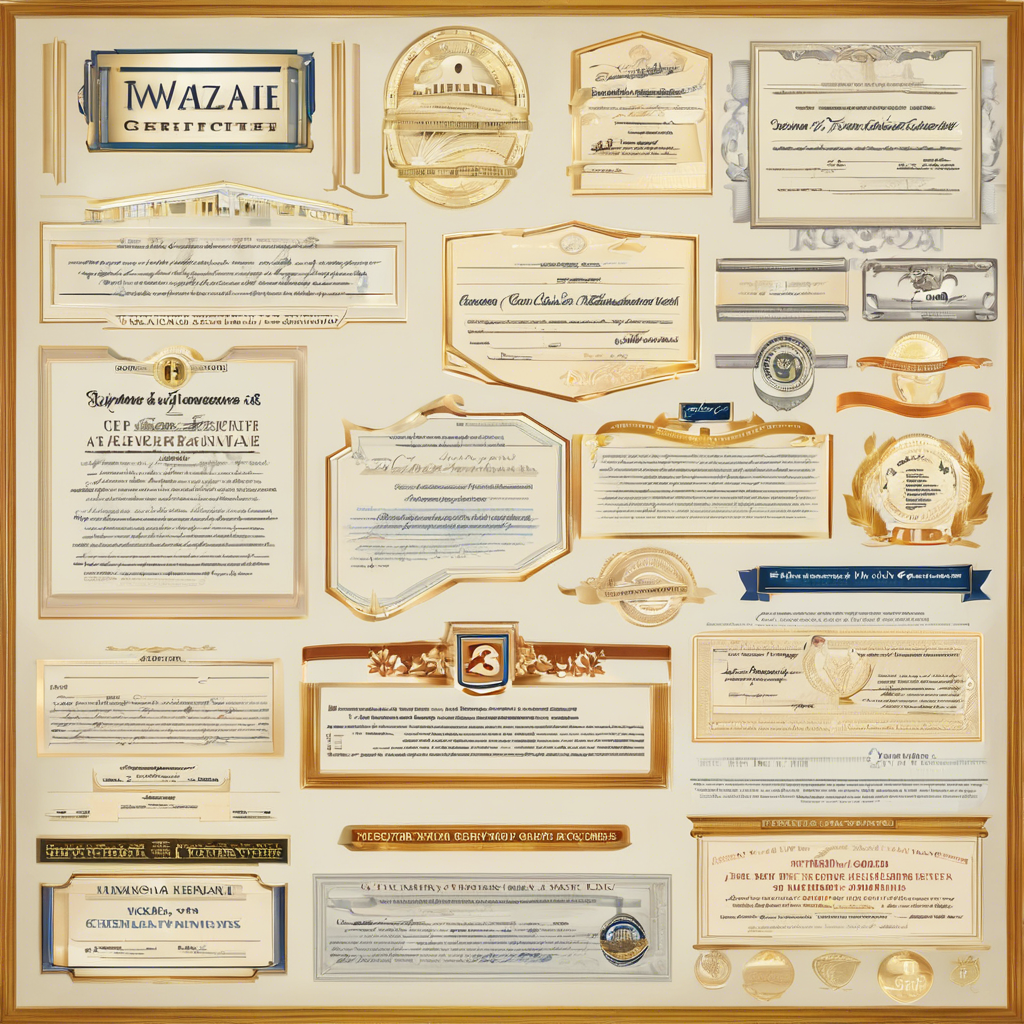A certificate degree typically takes one year to complete, although the duration can vary depending on the specific program and institution. Certificate programs are designed to provide students with specialized skills and knowledge in a particular field, allowing them to quickly enter the workforce or advance their careers. These programs are shorter than traditional degree programs, such as associate’s or bachelor’s degrees, making them a popular choice for individuals looking to enhance their qualifications in a shorter amount of time.
Certificate programs are offered in a wide range of fields, including healthcare, business, technology, and skilled trades. Students can earn certificates in areas such as medical assisting, project management, computer programming, and welding, among others. These programs are often more focused and hands-on than degree programs, allowing students to gain practical experience and specific skills that are in high demand in the workforce.
The length of a certificate program can vary depending on the number of credit hours required and whether the program is taken on a full-time or part-time basis. Full-time students can typically complete a certificate program in one year or less, while part-time students may take longer to finish the program. Some certificate programs also offer accelerated options that allow students to complete their studies in a shorter amount of time.
In addition to traditional on-campus programs, many institutions now offer online certificate programs, allowing students to complete their studies from anywhere with an internet connection. Online certificate programs offer flexibility and convenience, making it easier for working professionals and individuals with busy schedules to further their education and career goals. These programs often feature the same curriculum and instructors as on-campus programs, ensuring a high-quality educational experience.
One of the key benefits of earning a certificate degree is the opportunity to quickly gain specialized skills and knowledge that are in demand in the job market. Certificate holders can enhance their job prospects, increase their earning potential, and advance their careers in a relatively short amount of time. Employers value the focused training and expertise that certificate holders bring to the workplace, making them competitive candidates for job openings in their field.
Another advantage of certificate programs is the cost-effectiveness compared to traditional degree programs. Certificate programs are typically more affordable than associate’s or bachelor’s degrees, making them a cost-effective option for individuals looking to enhance their qualifications without taking on significant student loan debt. Some employers may also offer tuition assistance or reimbursement for employees pursuing certificate programs, further reducing the financial burden.
In conclusion, a certificate degree typically takes one year to complete and offers a quick and cost-effective way for individuals to gain specialized skills and knowledge in a specific field. Certificate programs are available in a wide range of fields and can lead to increased job opportunities and career advancement. Whether taken on-campus or online, certificate programs provide a valuable educational experience that can benefit students in their professional pursuits.

